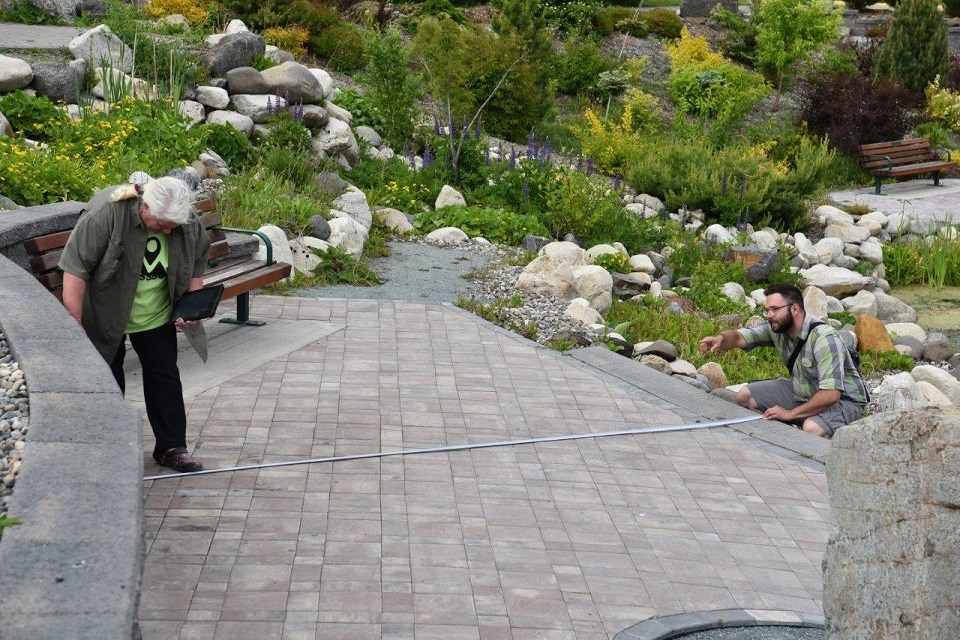A team of Prince George-based researchers has contributed to the ongoing study of improving outdoor spaces so those with difficulties getting around can enjoy nature.
Using a $24,000 grant and working with several other organizations in the province, UNBC has helped develop a digital tool earmarked for provincial programs to better assess outdoor recreational areas and determine where upgrades are needed most.
Information collected from the online framework is set to be shared with groups like Spinal Cord Injury BC, along with other recreational, municipal and tourism stakeholders in continuing the discussion of accessibility inclusion.
“We live in a province, and a country, that has some of the most magnificent natural environments,” says Dr. Mark Groulx, UNBC Associate Professor in the School of Environmental Planning, and member of Spinal Cord Injury BC’s Access BC team.
“The essence of this research really looks at whether or not all members of society have equitable access and opportunity to experience these amazing spaces.”
The team visited multiple B.C. outdoor tourism and recreation sites to gather research.
From the audits, several potential barriers were found that commonly existed at most of the sites, including the width of paths, trail slopes, grate gaps, and heights of washroom sinks and toilets.
“As researchers, we are trying to use our tools to help further improve their processes and efficiencies, and hopefully help build capacity for them so that they can do more of the great work that they do,” says UNBC School of Nursing Associate Professor Shannon Freeman as creating equal opportunity for everyone to get outside and explore B.C. barrier-free serves as the main goal for the project.
“We have to think about equity all the way through the experience a visitor might have,” adds Pamela Wright, Associate Professor with UNBC’s Outdoor Recreation and Tourism Management, Ecosystem Science and Management Program, “from the early stages of deciding what they want out of a trip to when they actually arrive and use things like pathways, buildings, washrooms, shorelines, docks and other infrastructure.
“Access BC also looks at ensuring that specific site information is easily found online and is accessible, so that even before a trip, visitors can determine if an environment will meet their needs.”
UNBC grad student Jacob Cameron was also a member of the research team.
The grant UNBC’s team was part of was bestowed by the Social Sciences and Humanities Research Council (SSHRC).





